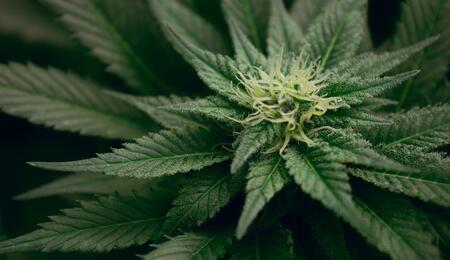Regulate Marijuana Like Alcohol Measure Falls Short By Roughly 3,000 Signatures

CO "Regulate Marijuana Like Alcohol" campaign short of necessary amount of valid signatures
SOURCE: www.huffingtonpost.com The Colorado Secretary of State's office determined that the "Regulate Marijuana Like Alcohol" campaign fell short of the necessary amount of valid signatures, on Friday. While the campaign handed in nearly double the amount of the 86,105 signatures needed, it fell short by about 3,000 verifiable signatures. Last month the Secretary of State's office conducted a random sample of the signatures that showed only roughly 50 percent of the signatures handed in were valid.
Colorado state law requires that a random signature sample meet a certain threshold of validity or it triggers an automatic review. According to a report by the Denver Post, supporters of Initiative 30 now have 15 days to collect the remaining 2,409 valid signatures to qualify for the November ballot. "This is just part of the process. We are confident that we collected more than enough valid signatures to make the ballot.
This is why initiative campaigns collect so many more signatures than they need," Initiative 30 organizer Mason Tvert told the Colorado Independent just two weeks ago. In a statement today, Tvert said he remains confident about collecting the remaining signatures and called the announcement "just a very small bump in the road."
The amendment seeks to make the personal use, possession and limited home-growing of marijuana legal for adults aged 21 and older. It establishes a system in which marijuana is regulated and taxed similarly to alcohol is currently. The act also would allow for the cultivation, processing, and sale of industrial hemp, according to the Campaign to Regulate Marijuana Like Alcohol website.
The Associated Press reports that if the measure makes it onto the 2012 ballot, which appears likely, the much more difficult road of convincing a majority of Coloradans to challenge a federal drug law, like this measure would do, is ahead. This would be the second recreational use legalization measure to appear on Colorado ballots, the first, which appeared in 2006, was voted down.



